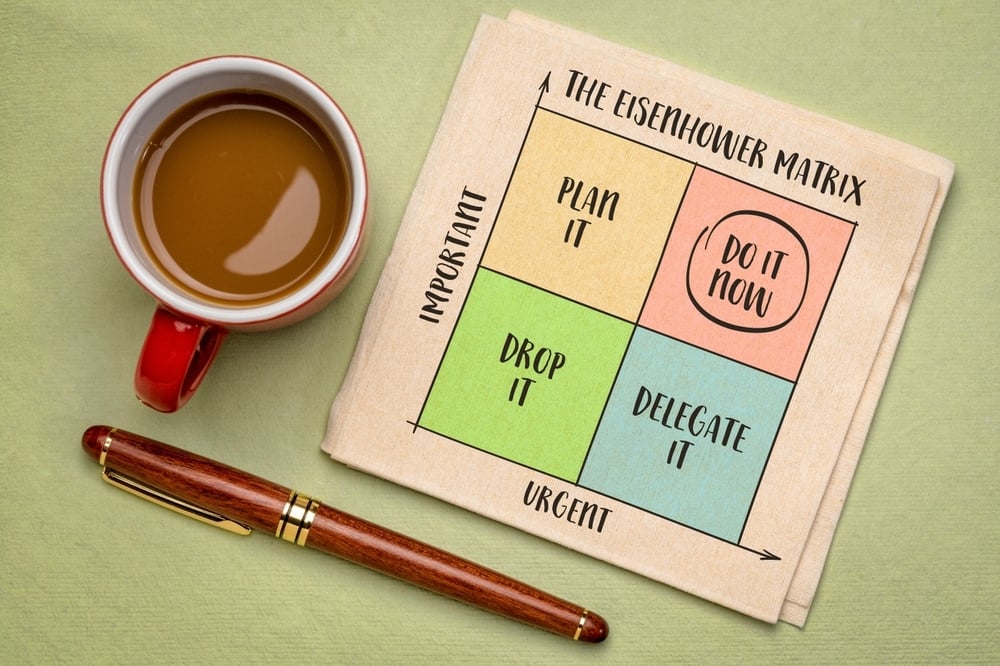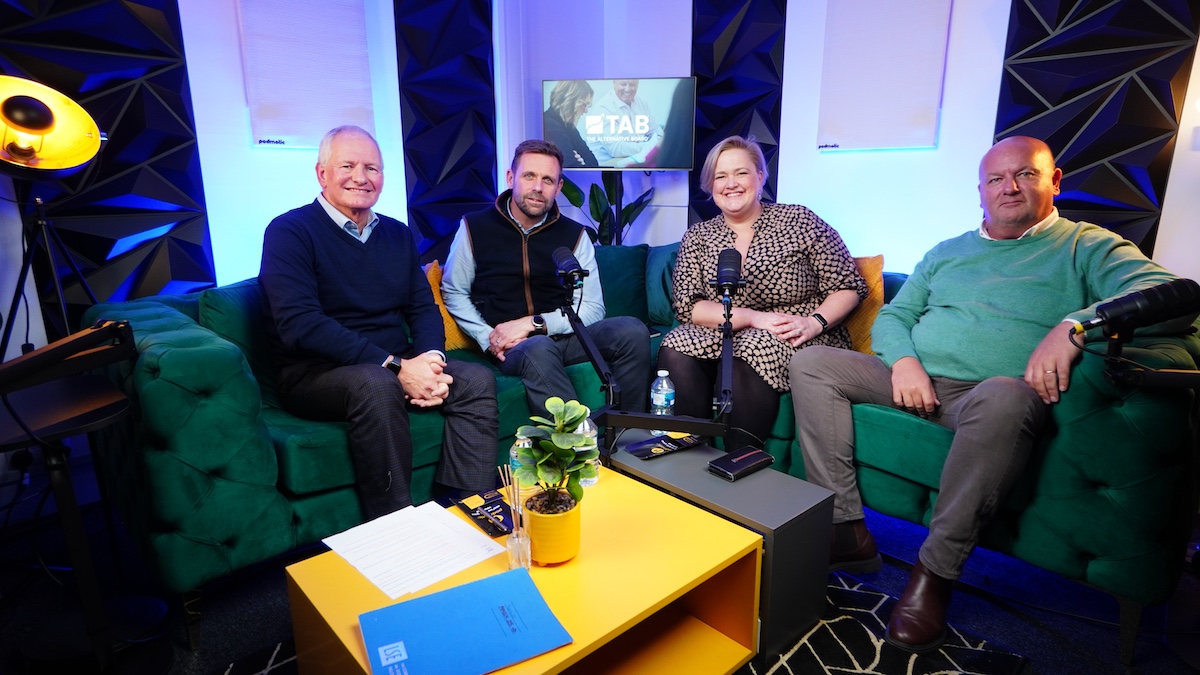
We'll bounce back together
by Ed Reid
Listen to Audio Version:
I have a file where I keep ideas for this blog. It’s in Google sheets, and when I see a story that might make a good subject I write a few notes and then paste the link.
It’s a simple system and it works. And occasionally there’s a week when I don’t have a clear idea of what I’m going to write about – so I simply go back to my file.
The current one started in December 2018 and there are 225 notes. Given that there have been around 40 blog posts in that time, you’ll see that not every idea makes it to a Friday morning.
What’s interesting, looking back at the file, is how many subjects and themes are repeated. Let me give you a few examples: the threat that automation and AI pose to jobs. The skills gap. The changing language – political correctness, inclusivity – of the workplace.
Has anyone seen those topics mentioned in the last ten weeks? Fleetingly, if at all. There was one story in the FT, setting out very starkly that once a job was lost to automation it never came back. Other than that? Hardly anything.
And yet, as we gradually return to the office, all those themes will still be there: they’ll all be part of the ‘new normal.’
That is, of course, assuming you can persuade anyone to come into the office.
I was chatting to one of my friends. He was talking about his daughter. She’s 24 – part of the generation that will supposedly drive our economic recovery. But where from?
“She’s been working from home for ten weeks,” he said. “Given that she went to university and then did a Master’s, that’s a sizeable chunk of her working life. And it works for her. Why does she suddenly want to lose two hours a day travelling into a city centre? Especially when that means sitting on a bus, wearing a mask and paying for the privilege.”
I can see the point. An hour on a bus wearing a mask worrying about Coronavirus. Or a 40 minute run in the early morning sunshine and 20 minutes in the shower and getting ready for work? If it’s a quality of life discussion there’s no contest.
But it’s a ‘no contest’ that poses a huge problem for entrepreneurs. Never mind ‘how do you build company morale when it’s the Red Team vs the Blue Team?’ How do you persuade the Reds and the Blues to leave the park for the pleasures of the bus/train/traffic jam?
Business owners are going to have to answer these questions very quickly. All the ‘old’ problems will still be there. And then there’ll be the tech changes to grapple with…
Another, very simple, example. What is the hospitality trade going to do about menus and wine lists? The menu that table 7 have just finished with? That one waiter has picked up and popped in the rack so the next waiter can hand it over as he says. ‘Hi guys, how are we today?’
If it’s all the same to you, I’d prefer not to touch it…
All of this means the next two to three years are going to be uniquely challenging times for entrepreneurs. It’s not just the tech changes, it’s not just the team coming back with a totally different mindset. Many of us – through no fault of our own – will return to the office with a lot more debt than we left it. Yes, it may be guaranteed by the Government, but it’s on our balance sheet. It’s up to us to pay it back. Small wonder that 1 in 7 business owners are currently using personal savings to keep their businesses afloat.
There are going to be some worried, stressed and anxious entrepreneurs.
There is also going to be a lot spoken about mental health in the workplace – but, I suspect, very little of it directed at the mental health of the person who built the business.
As I have written many times, being the boss is a lonely place. And it may well get lonelier. That’s why support networks such as TAB are going to be so important over the next few years.
We’ll recover from this pandemic, and the economy will bounce back fitter, leaner and stronger. But whatever the politicians promise, it won’t be Government that drives that recovery, it will be the enterprise and initiative of entrepreneurs: their commitment to build new businesses, to take the new opportunities that will open up and to find new ways of delivering even the most traditional of products.
But they can only do that if they’re in the right place physically and mentally.
…And that’s why I’m so pleased about our partnership with Champion Health and the chance it gives business owners to take care of the mental health of their teams – and to look after themselves.
Right at the start of this crisis the message was simple: we’re all in it together. Whatever happens in the wider community, those five words are going to hold good for business owners for some time to come.
Fortunately, if you’re a member of TAB, you already knew that. We’ve all ‘been in it together’ since I first joined TAB UK. And rest assured that simple, underlying commitment will only get stronger as we help each other face the challenges of the next few years.
Related articles

The challenge of a 50-50 business partnership
David Abbott, TAB Business Coach in Thames Valley West talks about the potential challenge of a 50-50 business partnership.

How to sell your business and live happily ever after
David Abbott, TAB Business Coach in Thames Valley West describes the steps business owners can take to sell their business and be happy about it.

The benefits of a partnership charter
David Roberts, TAB Business Coach discusses David Gage's book and the best ways of forming a healthy business partnership.





